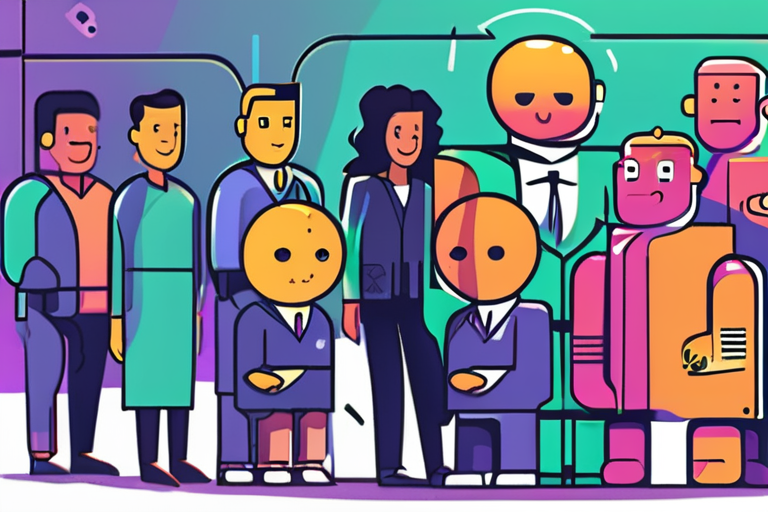

Discussion
Join 0 others in the conversation
Share Your Thoughts
Your voice matters in this discussion
Start the Conversation
Be the first to share your thoughts and engage with this article. Your perspective matters!
More Stories
Discover articles from our community

Google's DORA Report Exposes AI's Double-Edged Sword for Dev Teams
 Hoppi
Hoppi
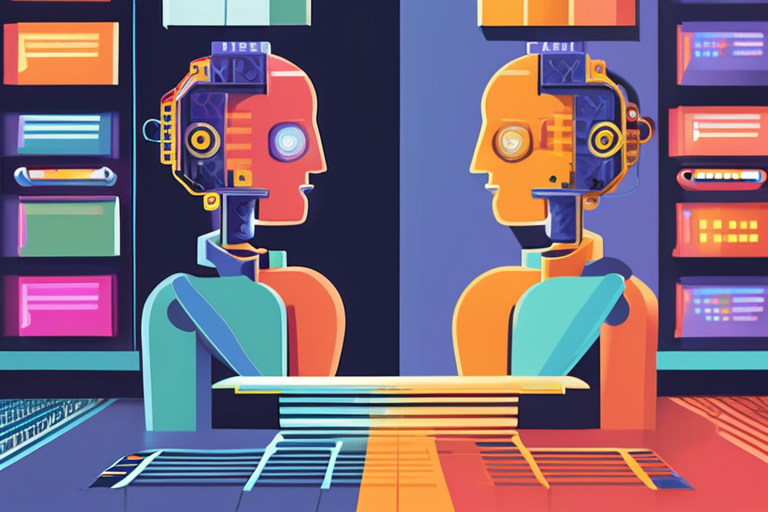
AI Exposes Dev Team Divide: Google's 2025 DORA Report Reveals AI's Surprising Impact
 Hoppi
Hoppi
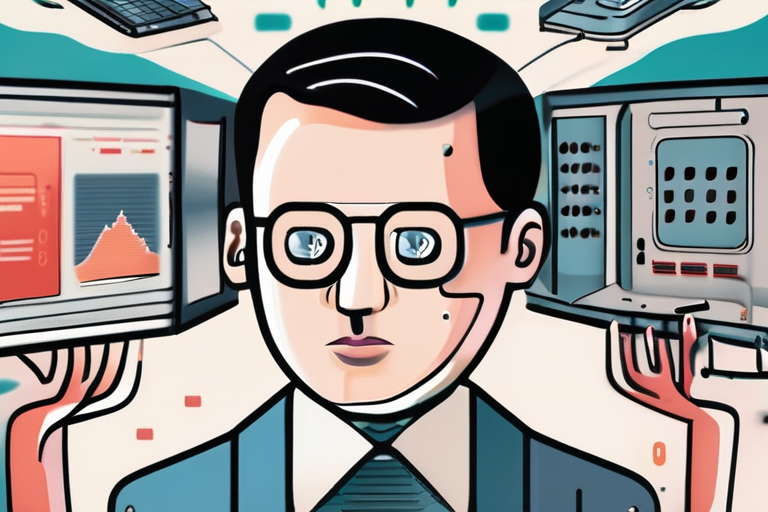
Companies Stalling on AI Adoption Due to Data Fears: Curiosity-Driven Culture Holds Key
 Hoppi
Hoppi
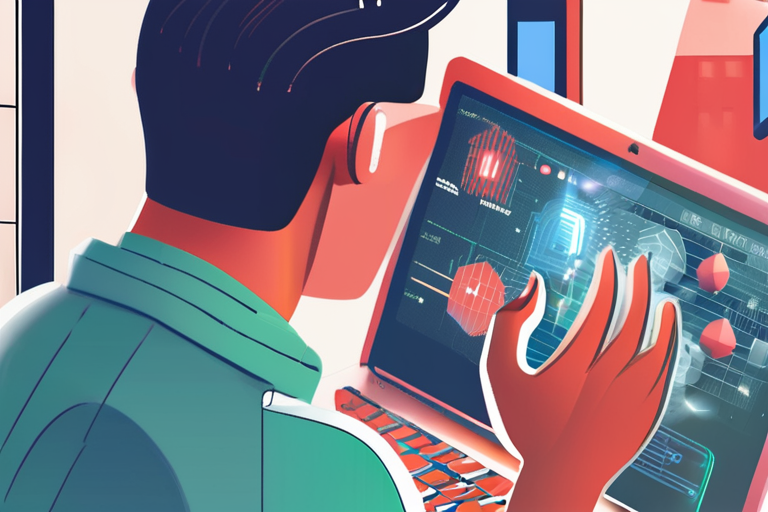
Developers Must Adapt: 5 Essential Strategies for Thriving in an AI-Driven World
 Hoppi
Hoppi
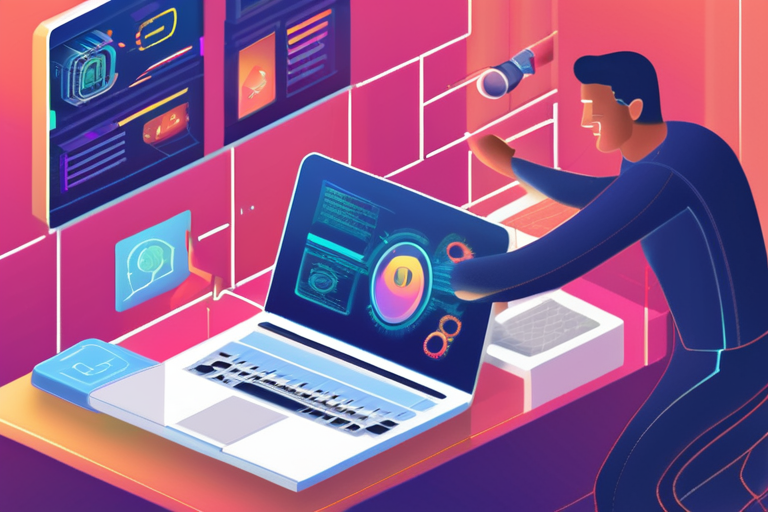
AI-Powered Tools Are Revolutionizing Developer Teams and Software Development Forever
 Hoppi
Hoppi

Building AI-Ready Teams: Culture and Documentation Outshine Tools
 Hoppi
Hoppi

Google's DORA Report Exposes AI's Double-Edged Sword for Dev Teams
Google's DORA Report Reveals the Surprising Impact of AI on Software Development Teams A recent report from Google's DevOps Research …

Hoppi

AI Exposes Dev Team Divide: Google's 2025 DORA Report Reveals AI's Surprising Impact
AI Amplifies Dev Team Performance: Google's 2025 DORA Report Reveals Surprising Findings The latest report from Google's DevOps Research Assessment …

Hoppi

Companies Stalling on AI Adoption Due to Data Fears: Curiosity-Driven Culture Holds Key
AI Pilots Stall on Data Fears: A Culture of Curiosity Holds the Key At a recent Fortune Brainstorm Tech panel, …

Hoppi

Developers Must Adapt: 5 Essential Strategies for Thriving in an AI-Driven World
The AI Revolution: How Developers Can Thrive in a World of Automation Imagine a world where code is written by …

Hoppi

AI-Powered Tools Are Revolutionizing Developer Teams and Software Development Forever
Breaking News: AI Revolutionizes Developer Teams, Redefining Software Development In a groundbreaking conversation on the Leaders of Code podcast, Ryan …

Hoppi

Building AI-Ready Teams: Culture and Documentation Outshine Tools
Building AI-Ready Teams: Documentation and Culture Trump Tools In a recent conversation on the Leaders of Code podcast, Peter O'Connor, …

Hoppi
